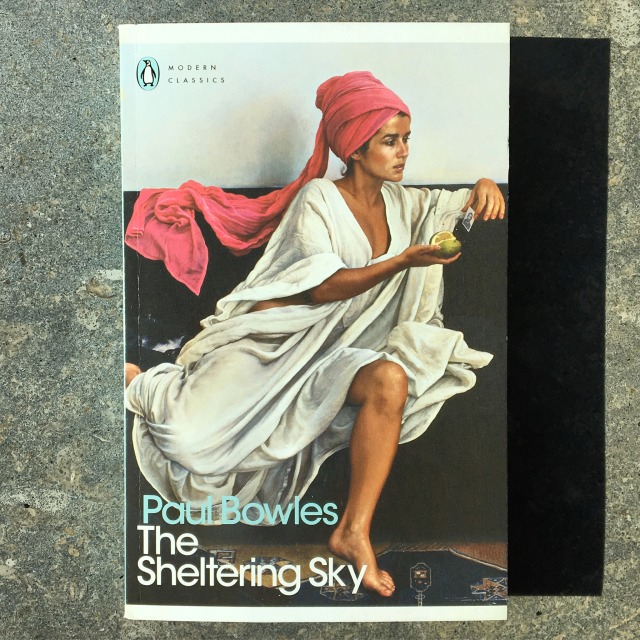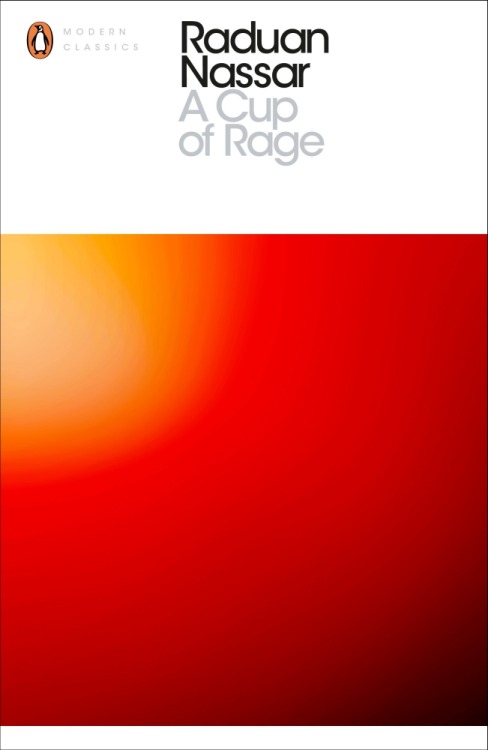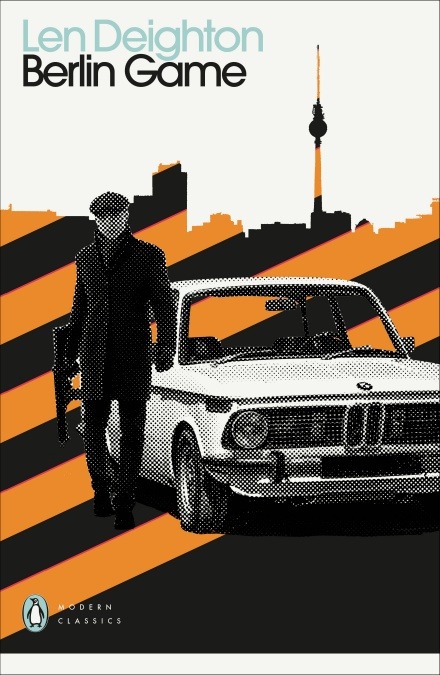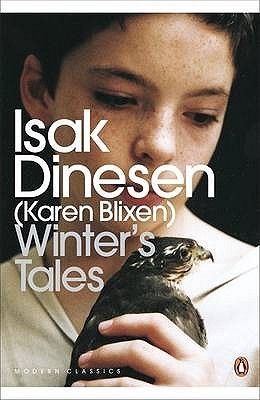#penguin modern classics

Paul Bowles: The Sheltering Sky (1949)
To the red country and part of the gray country of Oklahoma, the last rains came gently, and they did not cut the scarred earth.
- The Grapes of Wrath (1939), J. Steinbeck
Post link
“We all use each other and that’s what we think of love, and not being able to use each other is what’s - hate…”
Post link

About:
Winter’s Tales is a short story collection written by the Danish writer Karen Blixen ( also known as Isak Dinesen) and published in 1942. These tales were written and published during the Nazi occupation of Denmark during World War II, which can be felt sometimes in the tone of these stories. However none of them are set in the 20th century. They’re all set in the 19th century with the exception of a couple stories. An undertone of longing seems to be present in most of the stories. Whether it’s to escape somewhere else or of love. Many of the love interests have such longing between them but nothing ever gets consummated so to speak.
Did I Like It?:
This was a very enjoyable collection of short stories. I had previously read the author’s memoir about her time in Africa, Out of Africa and was excited to read her fiction. She is truly a wonderful writer and storyteller. These stories all had a folktale feel to them. All set in the past. In various places in Europe and Scandinavia. There wasn’t one bad story in the whole collection! I enjoyed them all.
The Sailor- Boy’s Tale was about a boy who one day saves a peregrine falcon on his ship, only to find out later on that it was actually a shape shifting Lapp woman ( I believe the proper term for them now are the Sami people) who does him a favor in return. This story was mostly set in Norway.
The Young Man with a Carnation was about a writer staying in Belgium who is afraid he can’t keep up the esteem he has built up for his writing and is only doing it for his ego. He sees a man one night who looks so happy and he realizes he does not feel this way, which gives him a strong desire to run away to sea. He doesn’t end up doing it, but it changes his perspective on his writing and his motives.
The Pearls was about a newly married woman on her honeymoon who was disconcerted that her husband didn’t ever seem to feel any fear and was determined to make him feel it at some point.
The Invincible Slave- Owners was about a man staying at a hotel in Germany where he falls in love with this girl staying there. She seems wealthy and ever dependent on her governess. One of her ‘slaves’ that she couldn’t do without as the man saw it. He realizes that she is not what she seems and ends disguising himself to her as well.
The Heroine was about an English man staying in a German hotel during a war between Germany and France. Some French people are also staying at the hotel including a beguiling young woman. When they are all captured by the Germans the young French woman saves the day by respecting herself.
The Dreaming Child was about a poor orphan boy who dreamed that he was from a rich and great house. When he is actually adopted into one he accepts it as his own and bewilders his new parents. His step mother in particular realizes they are truly similar as they share the trait of dreaming and the lines between reality and fantasy are blurred. This one was one set in Blixen’s native Denmark.
Alkmene was about a mysterious girl that was adopted. Her neighbor who is a lot older than her was her friend for a long time and eventually fell in love with her, but she had other ideas for her life. This one felt strange, but also that air of longing was particularly poignant in this one.
The Fish was one story not set in the 19th century. It was set in the Middle Ages following King Erik. He can’t ever seem to find satisfaction in his life anymore. Then a tale is told of how he came in possession of a certain lady’s ring through the belly of a fish. Apparently in actual life King Erik was murdered for seducing this lady. I like how Blixen came up with a story of how that assumption might have been made. This was another set in her native Denmark and it was cool it drew on the history as well.
Peter and Rosa was about two cousins brought up together. The boy desperately wants to run away to sea and Rosa after thinking she’d like it if he’d leave discovers she doesn’t want him to go after all. This story ended up having such a magical feel. Also extremely poignant in its sense of longing and desire. Even of clashing passions. It ended in such a dramatic, dark, fairytalesque, but beautiful way. It’s hard to pick , but this might be my favorite.
Sorrow - Acre was about a young man returning to his Uncle’s farm in Denmark. This was the other story not set in the 19th century ( I think it was the 18th). His uncle is making a woman work a whole field of his in order to save her son from being punished for burning down a barn. This story was about new ideas clashing with old ones. A new way of thinking colliding with an old order.
A Consolatory Tale was about a man and his friend talking in a cafe in Paris. The man is a writer and tired of how an artist always needs the public. His friend tells him the story of a time in Persia when he was intimate with the Prince and how he discovered that opposites always coexist. Rich and poor. Men and women. Artists and the people who consume the art. This was the most moralistic and because it seemed like it was trying to teach a lesson I liked it the least, but it was still good.
Do I recommend this?:
Yes! Wonderful short stories if you’re looking for a good classic collection. This is for those who like the past, a sense of wistfulness, desire or longing or are looking for some good Danish literature. While this is called Winter’s Tales there’s nothing wintry about it except perhaps the mood, so you don’t necessarily need to read it in winter.
~ Katie













